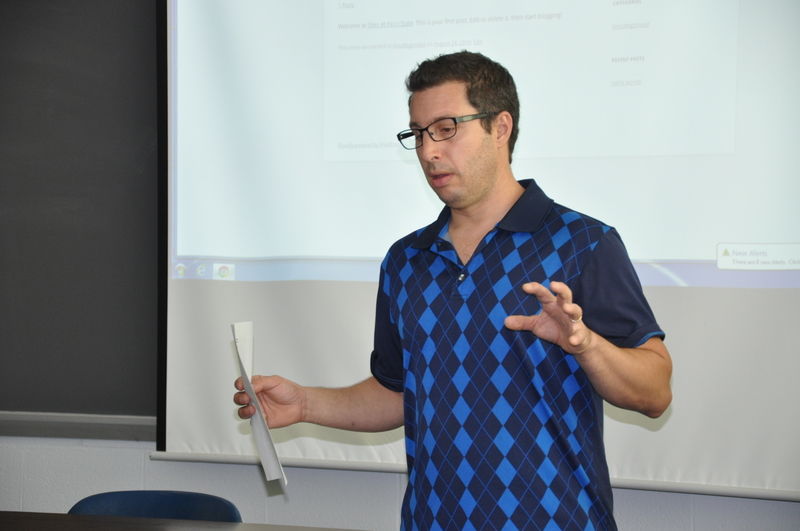When President Obama banned solitary confinement for juveniles in federal prisons in January 2016, he cited research suggesting negative psychological consequences, such as "depression, alienation, withdrawal, a reduced ability to interact with others and the potential for violent behavior."
Michael Vicaro, assistant professor of communication, examines these new military and criminal justice technologies, designed specifically to severely constrain individuals’ basic communications, and views them as weapon able to exploit the “dark side” of human beings’ inescapable reliance on communicative interaction for the formation and maintenance of identity and experience.
"Although long-term solitary confinement has been recognized by the U.N. Special Rapporteur as a form of torture," Vicaro notes, "many state and federal prisons continue to isolate inmates in supermax prisons for years unto decades."
In a recent chapter, Vicaro argues that the development and proliferation of “supermax” prison cells used to induce long-term solitary confinement allow practitioners to produce conditions tantamount to torture while typically evading the legal and moral prohibitions associated with that term.
"I think if more people recognized how deeply our interpersonal interactions affect our sanity and sense of self," Vicaro contends, "they would see long term solitary confinement as a cruel and dangerous form of punishment."
Vicaro's chapter, "Being Confined: Time, Space, and Intersubjectivity in Long-Term Solitary Confinement," appears in Contexts of the Dark Side of Communication (Gilchrist-Petty & Long, Eds.; Peter Lang: 2016).





